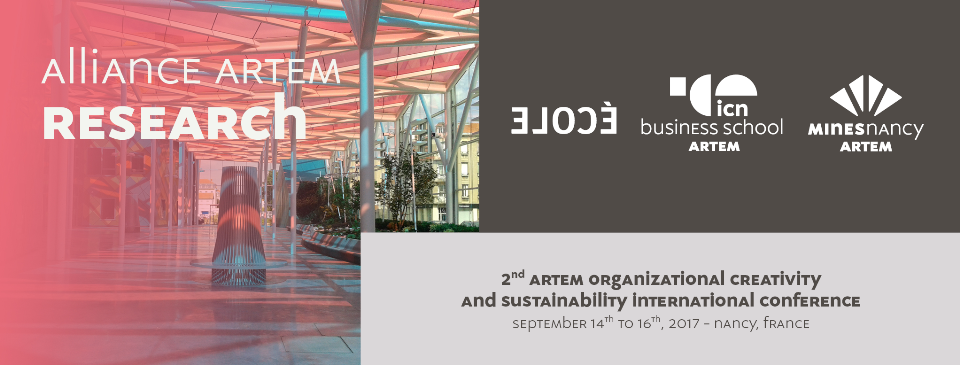
|
|
|
New paradigms in sustainability research workshopExploring New Paradigms in Sustainability Research Workshop Plenary session, Saturday, September 16, 2017 14h00 to 15h30 Room 146 The purpose of the session is to explore the potential contribution to management research in the transition to sustainability and corporate responsibility from a different lens: the natural sciences. This lens encompasses a broad array of scientific theories that can potentially provide valuable insights that inform management research in understanding socially, ethically, and environmentally responsible behaviors. The natural sciences of interest include but are not limited to: cognitive neuroscience, evolutionary psychology, evolutionary economics, thermodynamics, climate change, environmental science, biology, physics, and natural values. In this session, we seek to advance creative thinking and scholarship exploring how the natural sciences can and should inform management research on the transition to sustainability. It is important to identify what can be learned from the natural sciences as well as psychological research to advance our understanding of how sustainable and socially responsible behaviors can be facilitated and achieved. Often sustainability initiatives are framed in terms of the Triple Bottom Line (Elkington, 1997) involving the interaction of people, planet, and profit. While this conception of sustainability and environmental management is useful for understanding the complexities of sustainability issues and initiatives, the triple bottom line is approached primarily from a social science perspective. Given the normative undertones associated with this conception of sustainability, a productive dialogue involving responsible management and sustainability is necessary, but should be expanded to include insight from natural science research. Our Open Forum Plenary is open to all artemOCC participants to address the following questions:
This important session will begin with a brief panel discussion composed of an expert group of scholars (5 minutes each). Each member of the panel will offer their perspective and very brief thought questions for research and pedagogy in their specific areas of expertise and interest. - Thomas Maak (University of South Australia): Decision-making for sustainable futures - Timothy Fort (University of Indiana): Music and the arts for nudging sustainable and ethical behaviors - David Wasieleski (Duquesne University, ICN Business School): Natural values sets and thermodynamics Following the panel’s initial framing of the issues and questions in each discipline, we will form break-out groups around each area for participants to discuss how to address them. Then, after the 30-minute small group discussion rounds (by topic area or level of analysis), we will reconvene as a larger group to engage in an interactive conversation (final 30 minutes). We look forward to seeing you at this session. It is important for helping determine the future roads we take in a promising stream of research.
David Wasieleski
|

